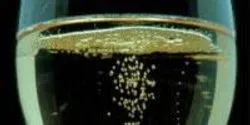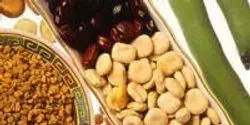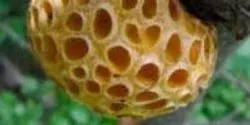Food & Beverage

The importance of fizz, more technically known as effervescence, in sparkling wines and champagnes is not to be underestimated — it contributes to the complete sensory experience of a glass, or flute, of fine bubbly. A scientist has now closely examined the factors that affect these bubbles, and he has come up with an estimate of just how many are in each glass. The report appears in the American Chemical Society The Journal of Physical Chemistry B.

The proportion of land used to cultivate shade grown coffee, relative to the total land area of coffee cultivation, has fallen by nearly 20 percent globally since 1996, according to a new study by scientists from the University of Texas at Austin and five other institutions

Natural compound from green tomatoes increases muscle, protects against muscle wasting.

A new study published in the Proceedings of the National Academy of Sciences by scientists at the University of Queensland, Australia, overturns a long-held theory in plant science. Researchers at the U.S. Department of Energy’s (DOE) Brookhaven National Laboratory who are co-authors on this paper conducted critical radiotracer studies that support the new theory that plant sugars play a dominant role in regulating branching at plant stems. While branching has relevance in agriculture, it is also very important in bioenergy crop production.

Increased nitrogen-use efficiency of plants and an associated reduced need for nitrogen-based fertilizers may be a step closer following University of Adelaide research on legumes.















